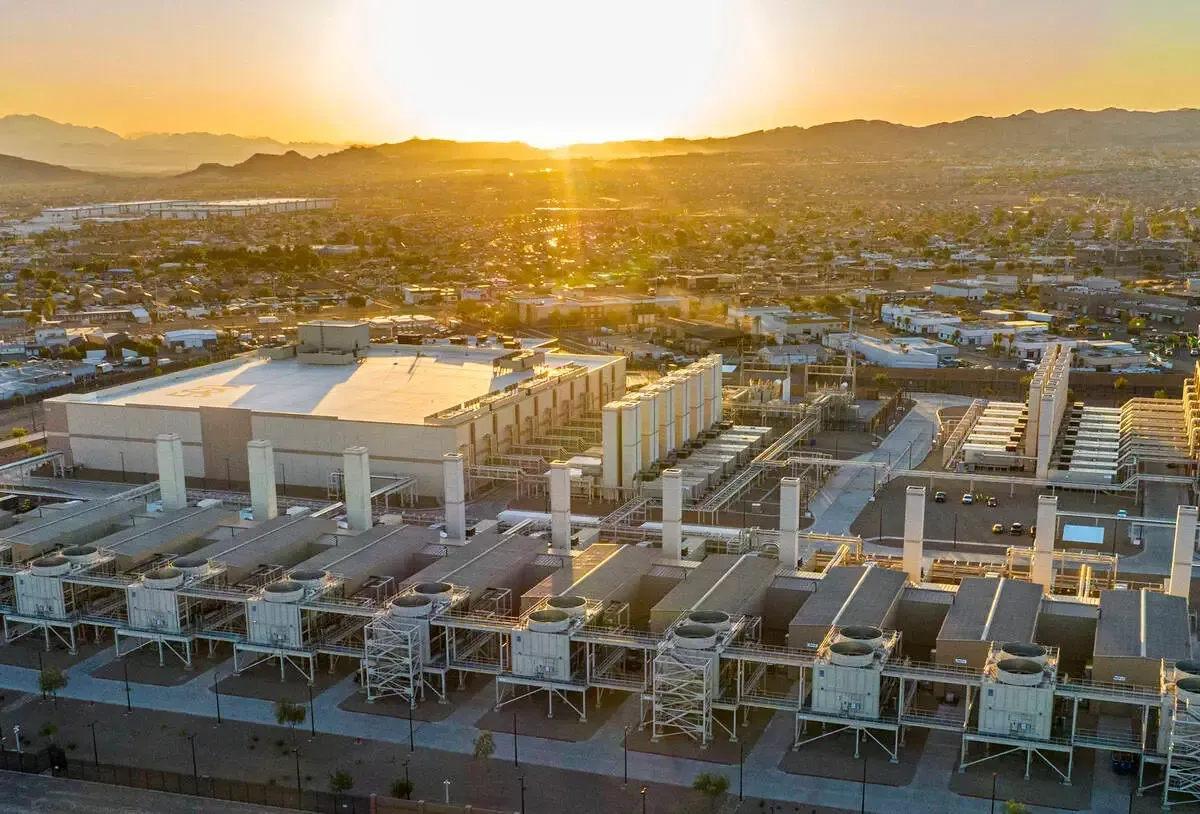WARNING: Energy Rates Are Going Up And Solar Incestives Are Going Away

Read Our Blog Posts Below


NV Energy’s Net Metering Shake-Up: What It Means for New Solar Customers
What’s Changing—and Why It Matters
NV Energy has submitted a proposal to overhaul how new solar customers receive credit for the excess electricity they feed back into the grid. Instead of the current system—which calculates credits on a monthly basis—energy generated would be measured in 15-minute intervals. This means that if you can’t use your excess power within the same 15-minute window, you might lose the credit—a drastic shift from the flexibility homeowners enjoy today (source).
Supporters of the change argue it's about fairness. NV Energy claims the current system causes what's known as a “cost shift,” meaning customers without solar panels are subsidizing those with them. The utility says the 15-minute arrangement is a more accurate and equitable way to account for energy usage (source).
How Solar Customers Are Responding
The backlash has been strong. Many solar advocates warn that this proposal undercuts the financial incentive to go solar.
Julia Hubbard, Program Director at Solar United Neighbors, says that moving to 15-minute netting could reduce annual solar savings by at least $132 per year. The loss of flexibility, she argues, makes solar investments less attractive (source).
Beyond the dollars, Hubbard frames it as a fairness issue—solar customers contribute clean energy and help stabilize the grid, yet the proposed changes diminish the value of that contribution (source).
What's at Stake & Timeline
Effective Date for New Customers: If approved, the change would apply only to new solar adopters starting approximately October 1, or whenever the Public Utilities Commission of Nevada (PUCN) approves the proposal (source).
PUCN Decision Timeline: The PUCN is expected to vote on the proposal this fall, possibly in September or October (source).
Expanded Solar Access Program: Starting September 1, NV Energy will accept applications for a new “Expanded Solar Access Program,” which offers discounted rates to low-income households earning up to 80% of the area’s median income. Current participants will be automatically re-enrolled each year. However, concerns arise as federal "Solar for All" funds were recently suspended for Nevada, and grants from the state’s Clean Energy Fund have ended (source).
What’s Next—and Why Homeowners Should Care
For Prospective Solar Adopters: This change could significantly affect your return on investment, especially if your solar system generates excess energy during off-peak times that you can't use immediately.
For Low-Income Households: While the Expanded Solar Access Program offers promise, the sustainability of support is unclear given recent funding suspensions.
Public Input Matters: Nevada residents have a narrow window to weigh in before PUCN makes its decision. Community voices can still make a difference—especially when change affects renewable energy accessibility.
Conclusion
NV Energy’s proposed shift to 15-minute interval net metering represents a pivotal moment for solar policy in Nevada. While utilities frame it as a fairness tool to avoid cost shifting, many advocates argue it threatens solar’s viability and buffers against climate impacts. The decision lies with the PUCN—and Nevada residents still have the opportunity to have their voices heard. Read the original article here
See If You Qualify for $0 Down
Find Out If Your Home Qualifies Before Rates Rise and Incentives Disappear
Save On Your Energy Bill
(Even If You’re Not Sure If You Will Qualify)
Stay Informed: Explore Our Latest Posts on Energy Costs and Solar News

NV Energy’s Net Metering Shake-Up: What It Means for New Solar Customers
What’s Changing—and Why It Matters
NV Energy has submitted a proposal to overhaul how new solar customers receive credit for the excess electricity they feed back into the grid. Instead of the current system—which calculates credits on a monthly basis—energy generated would be measured in 15-minute intervals. This means that if you can’t use your excess power within the same 15-minute window, you might lose the credit—a drastic shift from the flexibility homeowners enjoy today (source).
Supporters of the change argue it's about fairness. NV Energy claims the current system causes what's known as a “cost shift,” meaning customers without solar panels are subsidizing those with them. The utility says the 15-minute arrangement is a more accurate and equitable way to account for energy usage (source).
How Solar Customers Are Responding
The backlash has been strong. Many solar advocates warn that this proposal undercuts the financial incentive to go solar.
Julia Hubbard, Program Director at Solar United Neighbors, says that moving to 15-minute netting could reduce annual solar savings by at least $132 per year. The loss of flexibility, she argues, makes solar investments less attractive (source).
Beyond the dollars, Hubbard frames it as a fairness issue—solar customers contribute clean energy and help stabilize the grid, yet the proposed changes diminish the value of that contribution (source).
What's at Stake & Timeline
Effective Date for New Customers: If approved, the change would apply only to new solar adopters starting approximately October 1, or whenever the Public Utilities Commission of Nevada (PUCN) approves the proposal (source).
PUCN Decision Timeline: The PUCN is expected to vote on the proposal this fall, possibly in September or October (source).
Expanded Solar Access Program: Starting September 1, NV Energy will accept applications for a new “Expanded Solar Access Program,” which offers discounted rates to low-income households earning up to 80% of the area’s median income. Current participants will be automatically re-enrolled each year. However, concerns arise as federal "Solar for All" funds were recently suspended for Nevada, and grants from the state’s Clean Energy Fund have ended (source).
What’s Next—and Why Homeowners Should Care
For Prospective Solar Adopters: This change could significantly affect your return on investment, especially if your solar system generates excess energy during off-peak times that you can't use immediately.
For Low-Income Households: While the Expanded Solar Access Program offers promise, the sustainability of support is unclear given recent funding suspensions.
Public Input Matters: Nevada residents have a narrow window to weigh in before PUCN makes its decision. Community voices can still make a difference—especially when change affects renewable energy accessibility.
Conclusion
NV Energy’s proposed shift to 15-minute interval net metering represents a pivotal moment for solar policy in Nevada. While utilities frame it as a fairness tool to avoid cost shifting, many advocates argue it threatens solar’s viability and buffers against climate impacts. The decision lies with the PUCN—and Nevada residents still have the opportunity to have their voices heard. Read the original article here
Don't Just Take It From Us
See What Our Clients Have To Say
We Work Exclusively With the Highest-Rated Installers and Lenders in the Industry
